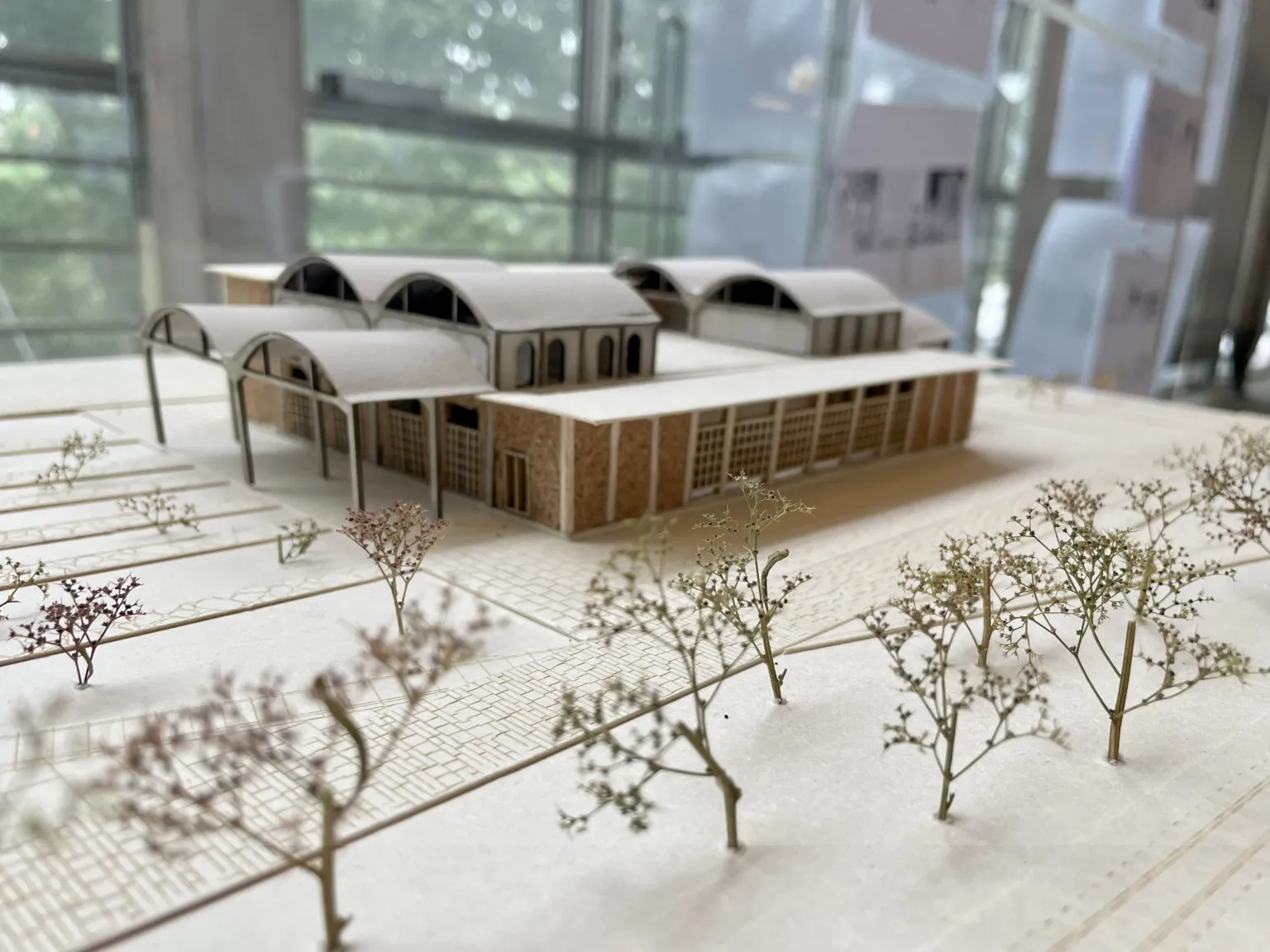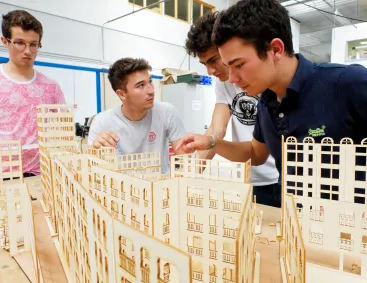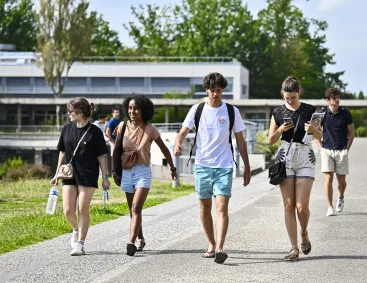Architecture or engineering, the double choice!
Architect or Engineer what was your first orientation?
As early as middle school,I wanted to go into architecture but I also had a very scientific profile, very maths-physics oriented. It was finally in high school that I discovered there was a dual degree Architect-Engineer, and it was a revelation. I knew right away that this was what I wanted to do. I applied to architecture schools that offered this double degree and was accepted at the École Nationale d'Architecture de Lyon.
How did the selection process for the double degree go?
At the end of your L2 at ENSA Lyon, you go through a selection based on your portfolio to join the double degree. Grades are taken into account, but above all motivation, because you are committing yourself to long studies! At ENSA Lyon the double degree can be done through three Lyon engineering schools andI chose Centrale Lyon for its generalist approach and its openness to environmental issues with the option "Ecological transition and territories - Cities and sustainable development".
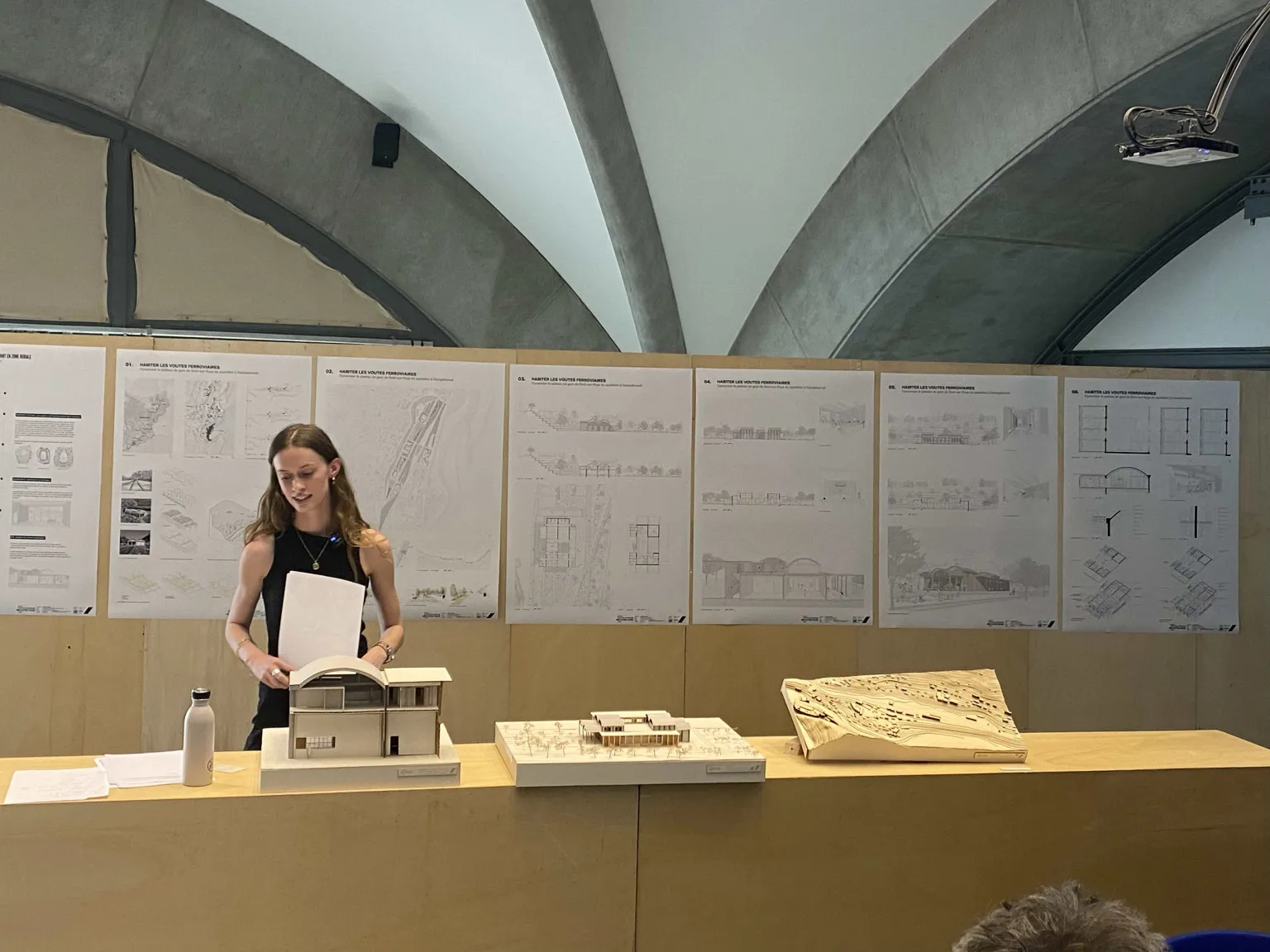
Become an Architect Engineer
Engineering students admitted to Centrale Lyon can also apply for the Ingénieur Architecte double degree in partnership with ENSA Lyon. Pre-selection begins as soon as they are admitted and continues until October, with the submission of a project to be handed in during back-to-school week.
Read moreTwo worlds that clash... and complement each other
How are you prepared to follow the Centrale Lyon generalist engineering curriculum?
The first year courses of the engineering curriculum are spread over our last three years in architecture. At the same time, students in the double curriculum benefit from compulsory tutoring by an engineering student from the graduating class. It's a real plus, because we can ask him all the questions we don't necessarily dare to ask during classes at Centrale Lyon. As a result, we're in a much better position to enter the engineering program at the end of our architectural studies!
At the end of the architecture curriculum, you joined Centrale Lyon, how did you experience it?
After the architecture curriculum, you actually enter Centrale Lyon to follow the second and third years like all Centrale students. The integration process was fairly natural, we were able to meet up with people we already knew, and I was happy to try out a different rhythm and stop doing architecture to fully integrate into a engineering curriculum.
Courses in architecture and courses in engineering, what are the differences?
Working methods are very different: in archi, we're into creativity, experimentation, often without a well-defined method. At Centrale, it's framed, structured, with lectures, TDs, exercises. For me this was an asset, I needed both to find a balance.
How does engineering complement architecture?
Engineering courses gave me a real scientific baggage with notions of fluid mechanics, around the thermal approach, structures. But the engineering curriculum above all taught me a way of thinking. At Centrale, you learn to resolve complex problems, to structure your thinking. This is a real strength for architectural projects. Today, I fully appreciate the value of this double skill for communicating with both designers, who are very technical, and architects.
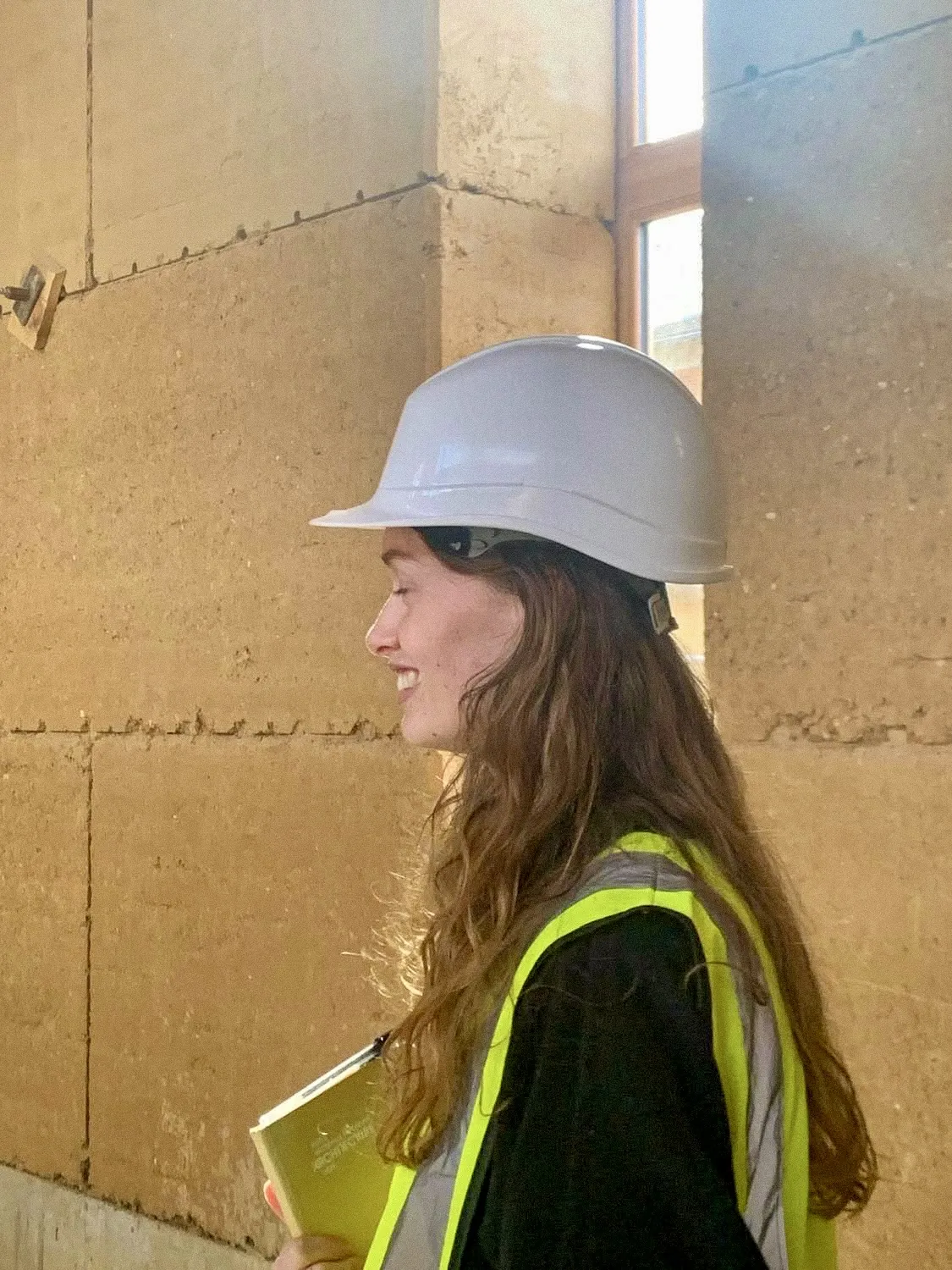
Architect and engineer to (re)design the buildings of tomorrow
Can you tell us about a project that particularly stood out for you?
For my final year project in architecture, I worked on the Roya valley, hit by storm Alex in 2020. I proposed the rehabilitation of a place used in emergency during the disaster to turn it into a modular space for both culture and crisis management. It was a highly symbolic project, between architectural creation, climate and societal issues!
Is this what motivated your choice of the "Ville et Aménagement Durable" course at Centrale Lyon?
Yes, exactly. This option allowed me to continue exploring the issues linked to building adaptability and the notion of resilience. I was able to take a variety of instructions on hydrology, climate change, thermal comfort in buildings, the impact of sunlight... but also on the regeneration of urban wasteland or soil remediation.
What career are you aiming for when you graduate?
I'm currently doing my end-of-studies internship with Zefco,an environmental consultancy. I'm involved in thermal studies, comfort studies, carbon impact studies... these are skills I'd never have acquired solely via architectural training, and I'd like to capitalize on this knowledge. Ideally, I'd like to continue in a design office, before returning, perhaps, to architectural design with a real technical background.

